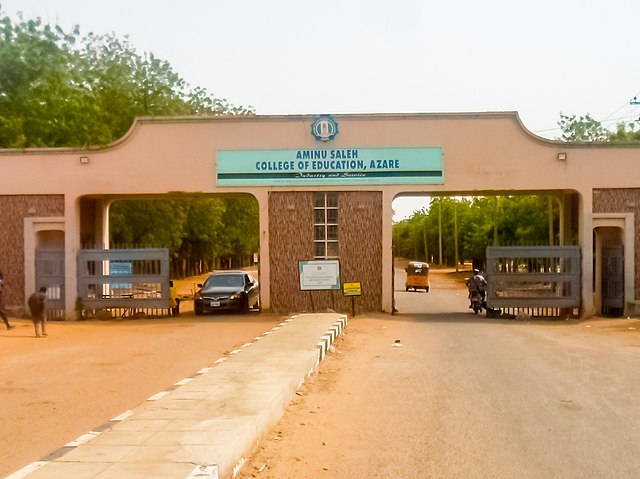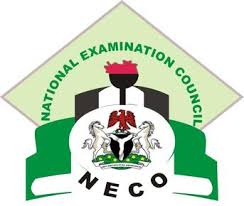Provide qualitative education to wards – College don charges parents
By Abdulbasid Aliyu Adam Parents have been reminded of the need to play their parental role in providing qualitative education to their wards to curtail social vices. Dr Abdullahi Jaji…


